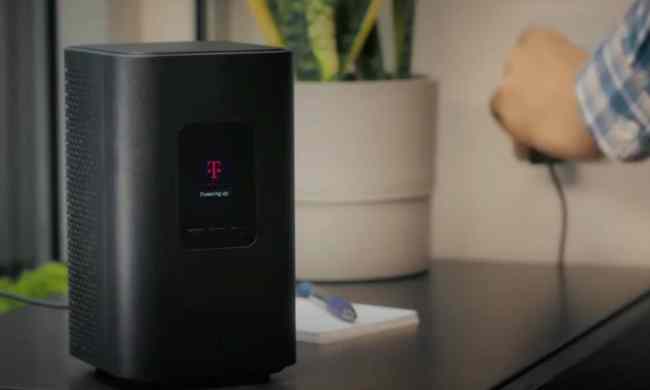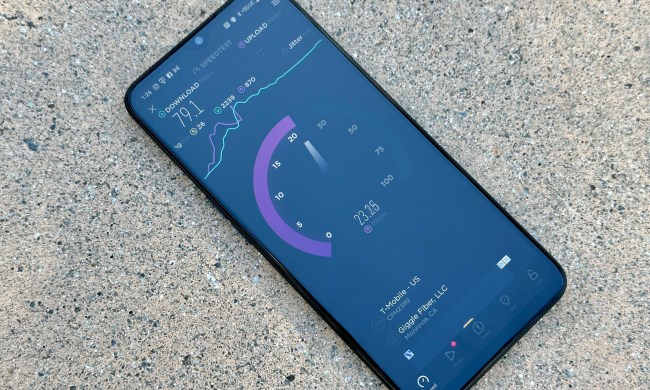Dish Wireless has turned the key on its Smart 5G network, opening it up to customers in Las Vegas as the first step in its plans for a much wider rollout.
Earlier today, sources told Axios that Project Genesis, Dish’s 5G service that rolled out last summer in closed beta, would be launching to consumers in Las Vegas, and this has since been confirmed in the company’s FAQ.

This latest news comes only a day after Dish announced that the carrier would be using Samsung’s Open RAN (O-RAN) and Virtual RAN technology to power its new cloud-native Smart 5G network — a partnership that it hopes will allow for faster and more cost-effective deployment of 5G to dozens of additional markets.
Deploying O-RAN technology is a somewhat unconventional approach for a commercial mobile network. This has traditionally been the domain of private 5G networks rolled out in places like university campuses and resort hotels. However, it’s also ideal for a plucky little new player like Dish, which doesn’t have anywhere near the resources of the big three carriers. Samsung has also proven itself more than capable of delivering best-in-class 5G solutions using off-the-shelf server hardware.
The fourth player
Dish’s 5G ambitions grew out of the 2020 merger between T-Mobile and Sprint. As one of the deal’s conditions, Federal regulators required that T-Mobile divest itself of Sprint’s prepaid business. Boost Mobile and Virgin Mobile were to be sold off to Dish, although Sprint killed off Virgin a few weeks before the deal closed, moving Virgin customers over to Boost Mobile.
Hoping for Dish to rise from the ashes of Sprint to occupy the vacated fourth-place spot among wireless carriers, regulators also mandated that T-Mobile had to allow Dish to use its network for the next seven years.
That part of the agreement created tension between T-Mobile and Dish as the larger carrier prepared to sunset its 3G services. While T-Mobile’s 5G network has been ready for years, Dish has been scrambling to catch up.
Today’s opening in Vegas is a big step forward and hopefully indicates the carrier is finally ready for a wider rollout. However, it’s still taking things slowly, starting with only a single 5G-capable phone on offer — the Motorola 5G Edge Plus, and there’s no bring-your-own-device option.

Still, it sounds like Dish has its ducks in a row. The executive who spoke with Axios added that it not only took Dish time to get its unique 5G technology up and running, but the carrier was also working out a roaming agreement with AT&T on top of the one it already has with T-Mobile.
5G in the Cloud
According to Axios’ source, “Getting Vegas working was the hard part,” and Dish plans to ramp up very quickly from there. It plans to have service available in 125 cities by June.
Such a rapid expansion is possible primarily because of Dish’s unconventional approach. Samsung’s virtual RAN software components allow Dish to run the bulk of its 5G network intelligence in Amazon’s cloud, so fewer hardware components need to be deployed to each cellular site.
This novel approach also proves the value of O-RAN and vRAN technology for powering rapid 5G deployments. Unlike the incumbent carriers, Dish had the luxury of starting from scratch, and O-RAN allows it to pivot to new technologies quickly. AT&T, T-Mobile, and Verizon have years of investment in proprietary 5G hardware technologies, leaving them at the mercy of a limited number of hardware vendors.



